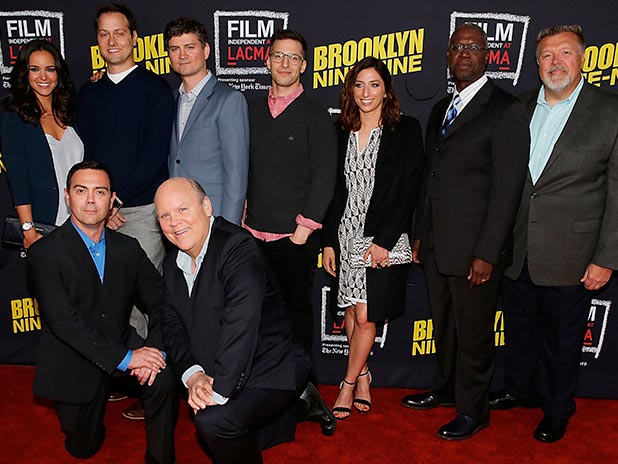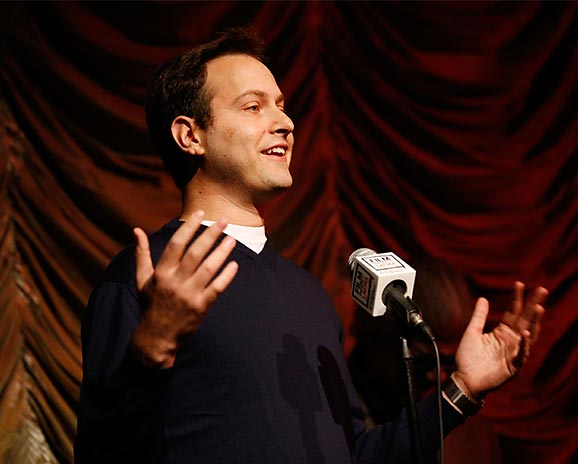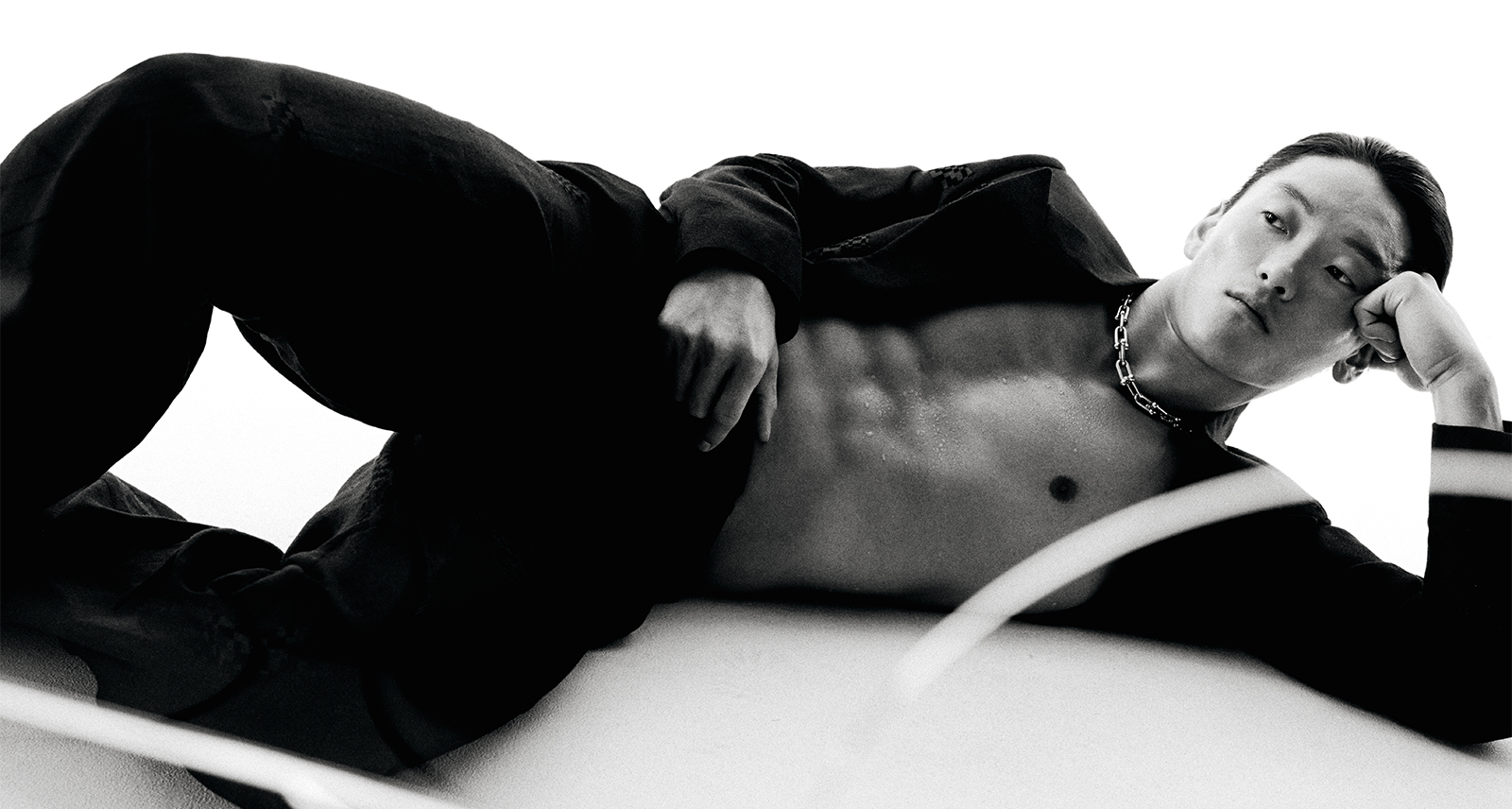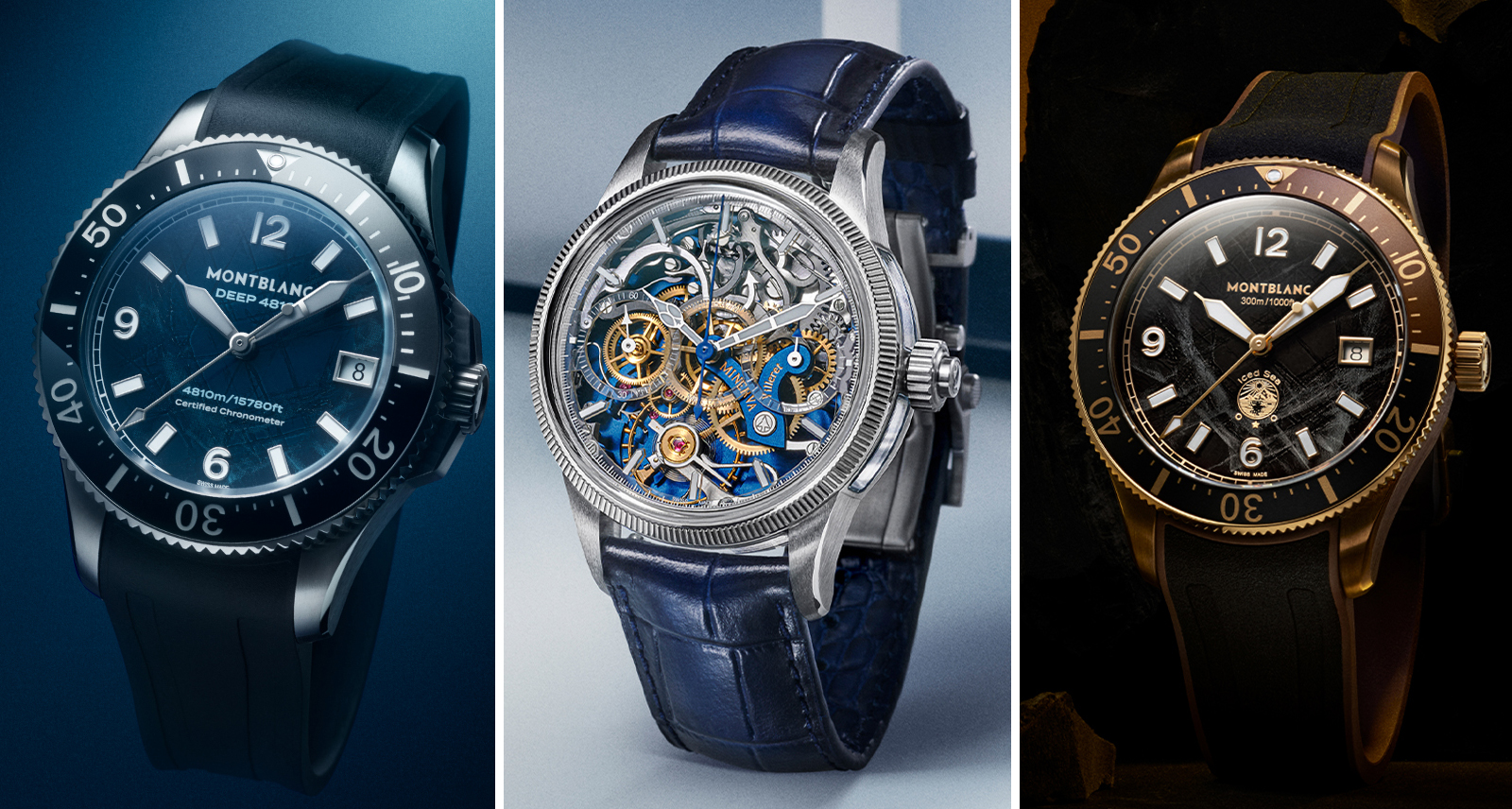A Showrunner You Should Listen To
If there’s one returning show we’re excited about this fall, it’s Brooklyn Nine-Nine. The Andy Samberg cop comedy won a Golden Globe in its first season — and it’s gotten exponentially better since then. That’s no doubt thanks to its co-creator and showrunner Dan Goor (who’s also written for shows like Parks and Recreation, Late Night with Conan O’Brien and The Daily Show). So we asked him to share some advice on the current state of television, comedy, and how to laugh at the so-called “Golden Age”
Can you tell us anything good about the next season of Brooklyn Nine-Nine?
I think it’s going to be pretty good. It seems like a really action-packed, really fun, start to a season. I can tell you, also, that at the end of last year we had a bunch of cliff-hangers — we had Holt leaving for the PR department, there’s a new captain coming, Jake and Amy kissed for real — and we deal with that over the course of the next few episodes.
It’s definitely healthier and more creatively fulfilling to just try as hard as possible to block out what the viewers are saying
How does a show like Brooklyn Nine-Nine grow in its fourth season?
I always feel like shows like Parks and Rec, Brooklyn Nine-Nine and The Office, part of the perception that it’s growing is the fact that it’s actually growing. We the writers are figuring out the characters and the actors are also figuring out the characters. The audience is becoming more familiar with and getting to like the characters more themselves. We’ve done 45 episodes, and that’s 45 A stories, 45 B stories, and probably 25 C stories. We’ve just put the characters in a lot of different situations and we’ve heard them say a lot of different things and so we’ve gotten to know them a lot better.
What are you watching right now?
I mostly watch dramas now. I think a lot of comedy writers do. There are so many great shows on right now — Game of Thrones, Mad Men, Breaking Bad…it’s the Golden Age of television.
When we talk about that “Golden Age,” we’re mostly talking about dramas. Do you think it’s also true of comedies right now?
Well, I don’t want to sound self-congratulatory, but I think there’ve been some great comedies in the last 10 years. I think The Office was really revolutionary. And Parks and Rec, which I got to work on, also was pretty revolutionary. I will suspend judgment of my own show, but I think people are really excited by shows like Silicon Valley and, hopefully, Brooklyn Nine-Nine. So, I do think that, to a certain extent, this is certainly a good era for television comedies.
Do they just sometimes get left out of the conversation?
Yeah, maybe. But it’s hard. It’s an apples and oranges situation. There are a lot of articles about people’s favourite apples and someone might go, “there are also really good oranges!” But, there are more articles about television — and about content in general — now than there ever have been, in history. There are more articles about comedy shows, now, whether they’re good or better now, or worse now, than there ever were. With the Internet, there are a billion articles about every single aspect of every single show. There are reviews that come out 30 seconds after shows end.
Does all of that stuff that you just described affect your approach to work? Do you find it strange, for example, that as a writer you get asked to do interviews?
Well I’m very happy to do them! But yeah, it’s really interesting. We’ll do panels and people are often very interested — in a way that surprises me — in what the writers room is like, or what the producers intend to do with the show. It’s very current. I feel like 20 years ago, at these very same panels, people would just be curious as to what the actors’ experience was like, or what the funniest thing they did was. I think there’s much more of an awareness of the machine or of the sausage-maker, in addition to just the sausage. In terms of how does it influence us? We really try as hard as possible to not read reviews or not take them seriously, just to buckle down and make the best show that we can make. It’s definitely healthier and more creatively fulfilling to just try as hard as possible to block out what the viewers are saying.
What about the way viewers are consuming TV?
Primarily, we are a network television show. Most eyeballs that see us are once a week. So to a certain extent that’s still the primary audience we’re reaching for. Now, we’re aware that people have been watching on Netflix, and we love that people are watching on Netflix, and we want to make a show that feels like you could watch 10 of them in a row. All writers are under pressure not to repeat themselves, and we’re under even more pressure knowing that someone is going to watch the entire season in a weekend. But, with a network show you also don’t want to make things too serialized because that can be a barrier-to-entry.
So, on a show that’s designed for online consumption, and that’s where there primary audience is, I think serialization can be really advantageous because you really just want people to binge. You want people to sit there and keep watching, you know, so you want big cliffhangers. But the network model, historically, has been not to serialize stuff too much. I feel like that’s changing a bit. Last Men on Earth, which was a great show, was much more serialized and had big cliffhangers. Parks and Rec was really serialized. So, we’re probably more serialized than if the Internet didn’t exist, and less serialized than if we were, primarily, an Internet show.
Have you ever been given any great piece of advice about writing, or about working in TV, generally?
Conan always gave a funny piece of advice about blood: in comedy there shouldn’t be any blood, unless there’s way too much blood. Which I thought was funny… and true. Greg Daniels, who ran The Office and co-created Parks and Rec, he was so good at re-enforcing the importance of having real stakes in a story and re-establishing those stakes as early as possible in the story, so the audience knows what they’re watching and they know what a clear victory or a clear loss looks like. And I find that time and time again the problem with the script that doesn’t work is that the stakes haven’t been established, or aren’t clear.
What do you think makes a really good TV show?
Good TV shows involves cops. But also, I think a good comedy should be really funny. It should have great characters, who are grounded, with whom you want to spend time. A great show has a cast that has fantastic chemistry. A I personally like it if there’s some heart in the show as well — that it’s not just a cold machine delivering amazing jokes. I mean that’s great too, but I would prefer if it were a warm-blooded—now I’m getting into some stupid metaphor, but you know what I mean.











